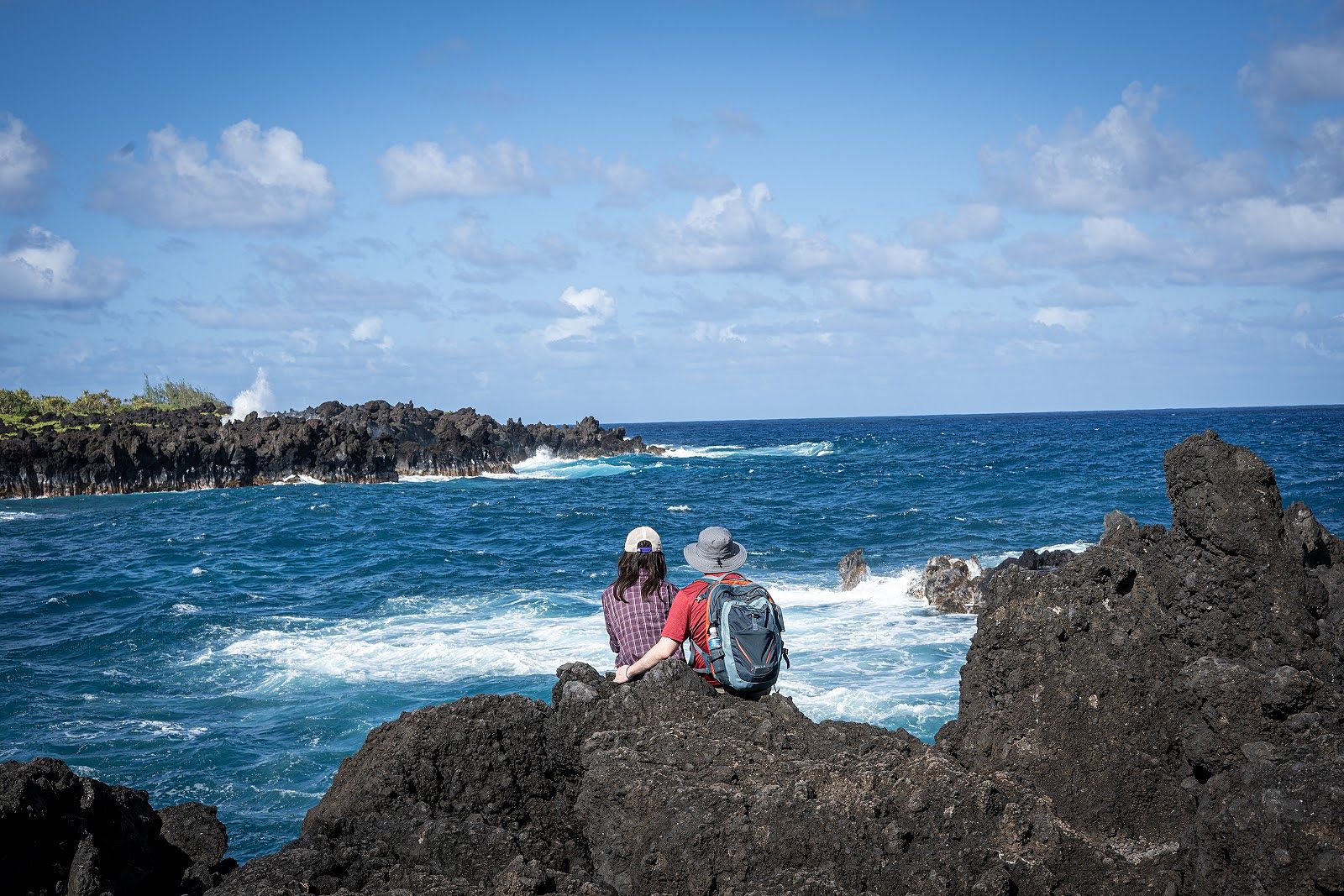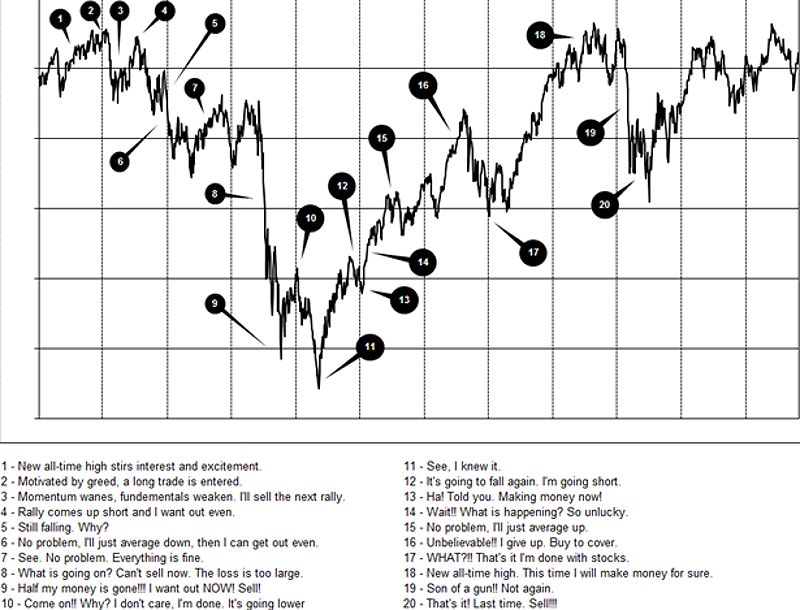How To Live In Hawaii: A Comprehensive Guide For Prospective Homebuyers
Learn about the intricacies of buying a home in Hawaii and how to live in Hawaii. Understand the unique real estate market, find your ideal island and neighborhood, and make informed decisions for a successful move to paradise.
Understanding the How to Live in Hawaii Real Estate Market
Before diving into the specifics, it’s crucial to grasp the dynamics of the Hawaii real estate market. The islands boast a limited land supply and high demand, which have contributed to steadily rising home prices over the years.
Hawaii Real Estate Market Trends and Pricing in 2024
According to recent data, the median home price on the island of Oahu, the most populous in Hawaii, was around $987,000 as of March 2023, a 12% decrease from the previous year. However, the median condo price on Oahu was still $480,000, a 3.4% decrease from the prior year. Across the state, home prices vary significantly depending on the island and location, with the Big Island and Kauai often offering more affordable options compared to Oahu and Maui.
It’s important for prospective buyers to stay updated on market trends, as they can shift rapidly. For example, the introduction of new developments or changes in zoning laws can affect property values. Understanding these trends can help buyers make better decisions about when and where to purchase.
Navigating Hawaii’s Competitive Housing Inventory and Demand
The high demand for Hawaii real estate is fueled by the state’s natural beauty, temperate climate, and desirable lifestyle. However, the limited land availability on the islands has resulted in a tight housing market, with fierce competition among buyers. This supply-demand imbalance continues to drive up home prices, making it challenging for some prospective homeowners to find their dream property.

Buyers should be prepared for the possibility of bidding wars, especially in popular neighborhoods. It’s advisable to act quickly when a suitable property becomes available, as homes can go under contract within days of being listed. Having a clear idea of what you want in a home and being financially prepared can make a significant difference in securing a property.
Understanding the Impact of Foreign Investment on the How to Live in Hawaii Market
Another factor influencing the Hawaii real estate market is the presence of foreign investors, who are drawn to the islands’ unique appeal. These investors, particularly those from Asia, have been known to purchase homes and leave them vacant, further exacerbating the housing shortage and pricing challenges for local buyers.
This trend has sparked discussions among residents about the impact of foreign investment on housing affordability. While foreign buyers contribute to the economy, many locals feel that their ability to purchase homes is compromised. As a result, prospective buyers should be aware of this competitive landscape and consider the implications of foreign investment on their home search.
Choosing the Right Island and Neighborhood to Live in Hawaii
Hawaii offers a diverse range of islands, each with its unique character and real estate landscape. Careful consideration of these differences can help prospective homebuyers find the perfect fit for their lifestyle and budget.
Comparing the Islands: Where to Live in Hawaii
Oahu, the most populous island, is often considered the most bustling and developed, with a mix of urban and suburban areas. It is home to Honolulu, the state capital, and offers a wide range of amenities, job opportunities, and entertainment options. However, with its popularity comes higher living costs and a more fast-paced lifestyle.

Maui is known for its luxury resorts and stunning natural beauty, appealing to those who prefer a more relaxed atmosphere. The island boasts beautiful beaches, lush landscapes, and a slower pace of life, making it an attractive option for families and retirees. However, the job market can be competitive, particularly in tourism and hospitality sectors.
Kauai offers a more rural and laid-back vibe, often referred to as the “Garden Isle” due to its lush greenery and natural beauty. While it may lack some of the amenities found on Oahu or Maui, Kauai provides a serene environment that many find appealing. However, potential buyers should be aware that job opportunities may be more limited compared to other islands.
The Big Island, the largest of the Hawaiian islands, boasts diverse landscapes, including active volcanoes and tranquil coastal towns. Its vast size allows for a variety of lifestyles, from rural living to more developed areas. The Big Island often has lower home prices compared to Oahu and Maui, making it an attractive option for budget-conscious buyers.
Exploring Hawaii’s Neighborhoods: Finding Your Perfect Fit
Within each island, buyers should research neighborhoods carefully, considering factors such as proximity to amenities, schools, transportation, and cultural attractions. Some areas, like Windward Oahu, experience higher rainfall and cooler temperatures, while the Leeward side is generally drier and warmer.
It’s essential to visit neighborhoods at different times of the day to get a feel for the community. Engaging with locals and exploring local shops and parks can provide valuable insights into the neighborhood’s character. Additionally, consider the availability of public transportation, especially if you plan to commute for work.
Understanding Hawaii’s Unique Microclimates
Hawaii’s diverse geography and topography result in distinct microclimates across the islands. Prospective homebuyers should be mindful of these variations, as they can significantly impact factors like weather, humidity, and even maintenance requirements for their properties. For instance, homes on the Windward side may require more frequent maintenance due to higher humidity levels and rainfall.
Understanding these microclimates can help buyers choose a location that aligns with their lifestyle preferences. For example, if you prefer a drier climate, you may want to focus your search on the Leeward side of the islands.
Navigating the Hawaii Homebuying Process
Purchasing a home in Hawaii can be a complex process, but with the guidance of a knowledgeable local real estate agent, the journey can be smooth and rewarding.
Working with a Local Real Estate Agent: Your Guide to Hawaii Home Ownership
Finding a reputable and experienced local real estate agent is crucial when buying a home in Hawaii. These professionals can provide valuable insights into the market, assist with navigating the unique buying process, and help buyers identify the right property that meets their needs and budget. A good agent will also have knowledge of local laws and regulations, which can vary significantly from one island to another.
When selecting an agent, consider their experience, track record, and familiarity with the specific neighborhoods you are interested in. Reading reviews and asking for referrals can help you find someone who understands your needs and can guide you through the process effectively.
Financing Options for Your Hawaii Home Purchase
Prospective homebuyers in Hawaii have access to various financing options, including conventional loans, FHA loans, VA loans, and even specialized land loans. It’s essential to understand the requirements and terms of each loan type to make an informed decision.
Many lenders in Hawaii may require a higher down payment than what is typical on the mainland, often around 20% of the home’s purchase price. Additionally, interest rates can vary, so it’s wise to shop around for the best mortgage terms. Pre-approval for a mortgage is highly recommended, as it demonstrates to sellers that you are a serious buyer and can help streamline the purchasing process.
Budgeting for Homeownership in Hawaii: Property Taxes and Other Costs
In addition to the purchase price, buyers should factor in property taxes, insurance, maintenance, and utility costs when budgeting for homeownership in Hawaii. These expenses can vary significantly depending on the island, neighborhood, and property type. Hawaii generally has lower property tax rates compared to many states on the mainland, but the overall cost of living can still be high.
Understanding the full scope of ongoing costs is essential for maintaining financial stability as a homeowner. It’s a good practice to create a detailed budget that includes not only mortgage payments but also property taxes, insurance premiums, and regular maintenance costs.
Embracing the Unique Lifestyle of Living in Hawaii
Living in a tropical paradise comes with unique challenges and considerations that buyers should be aware of before making the move.
Maintaining and Repairing Your Hawaii Home
The humid, salty air and potential for natural disasters in Hawaii can significantly impact a home’s maintenance requirements. Buyers should be prepared to invest in high-quality, corrosion-resistant building materials and work with experienced local contractors to ensure their property remains in top condition.
Regular maintenance is crucial in a tropical climate. This includes addressing issues like mold growth, rust on metal fixtures, and the need for frequent repainting. Homes in areas with higher humidity may require more frequent inspections and upkeep.
Embracing Sustainable Living in Hawaii’s Delicate Ecosystem
Sustainable living practices and environmental stewardship are essential in Hawaii, where the natural beauty and delicate ecosystems must be protected. Homeowners should consider energy-efficient appliances, water conservation, and supporting local conservation efforts.
Additionally, being aware of local wildlife and vegetation can enhance your living experience. Understanding the importance of native plants and the role they play in the ecosystem can foster a deeper appreciation for your surroundings.
Prioritizing Health and Safety in the Tropical Climate
Potential health concerns, such as sun exposure and mosquito-borne diseases, as well as the risks associated with natural disasters like volcanic activity, should be taken into account when moving to Hawaii. Preparation and awareness are key to maintaining a safe and healthy lifestyle.

Residents should invest in quality sunscreen, wear protective clothing, and take precautions against insect bites, especially during the summer months. Staying informed about local weather conditions and emergency preparedness plans is also essential for ensuring safety in the event of natural disasters.
Investing in Hawaii Real Estate: A Long-Term Perspective
Investing in Hawaii real estate can be a rewarding decision, but it’s crucial to understand the long-term factors involved.
Hawaii Real Estate as a Stable and Appreciating Investment
Hawaii’s real estate market has proven to be relatively stable and resilient over the years, with property values generally appreciating at a steady pace. This trend is expected to continue, making Hawaii real estate a potentially lucrative long-term investment.
Buyers should consider the historical appreciation rates and the factors influencing future growth. For instance, ongoing developments, tourism trends, and environmental factors can all play a role in shaping the market’s trajectory.
Generating Rental Income from Your Hawaii Home
For those interested in generating rental income, Hawaii’s strong tourism industry and high demand for vacation rentals can provide an attractive opportunity. However, buyers should research local regulations and consider property management services to ensure a successful rental experience.
Understanding the seasonal nature of tourism in Hawaii is vital for potential landlords. Properties in popular tourist areas may experience higher occupancy rates during peak seasons, but it’s essential to plan for fluctuations in demand throughout the year.
Unlocking Tax Benefits of Homeownership in Hawaii
Homeownership in Hawaii can also offer potential tax benefits, including deductions for mortgage interest and property taxes. Consulting with a tax professional can help buyers understand the specific tax implications and plan accordingly.
Being informed about local tax laws and potential credits can maximize the financial benefits of owning a home in Hawaii. This knowledge is crucial for long-term financial planning and ensuring a positive return on investment.
FAQ
Q: What is the average down payment required for a home in Hawaii?
A: The down payment requirements for homes in Hawaii can vary, but many lenders typically require at least 20% of the home’s value as a down payment.
Q: What are the best resources for finding a local real estate agent in Hawaii?
A: Referrals from friends, family, or online reviews can be great starting points when searching for a reputable local real estate agent in Hawaii.
Q: How do I find out about property tax rates in a specific area of Hawaii?
A: Property tax rates can be obtained from local government websites or by contacting the county or municipal tax assessor’s office for the specific area you’re interested in.
Q: What are the most common challenges of homeownership in Hawaii?
A: Common challenges include the high cost of living, maintenance and repairs due to the tropical climate, and potential natural disaster risks.
Conclusion: Embracing the Hawaii Lifestyle as a Homeowner
Living in Hawaii is a unique and rewarding experience, and owning a home here can be a dream come true. By understanding the real estate market, choosing the right island and neighborhood, and navigating the buying process effectively, prospective homebuyers can make informed decisions for a successful move to paradise. Start your journey to owning a piece of Hawaii by contacting a local real estate agent today and explore the possibilities of making this island state your home. Embrace the beauty and adventure that comes with living in Hawaii, and prepare to create lasting memories in this extraordinary environment.
MORE FROM pulsefusion.org












